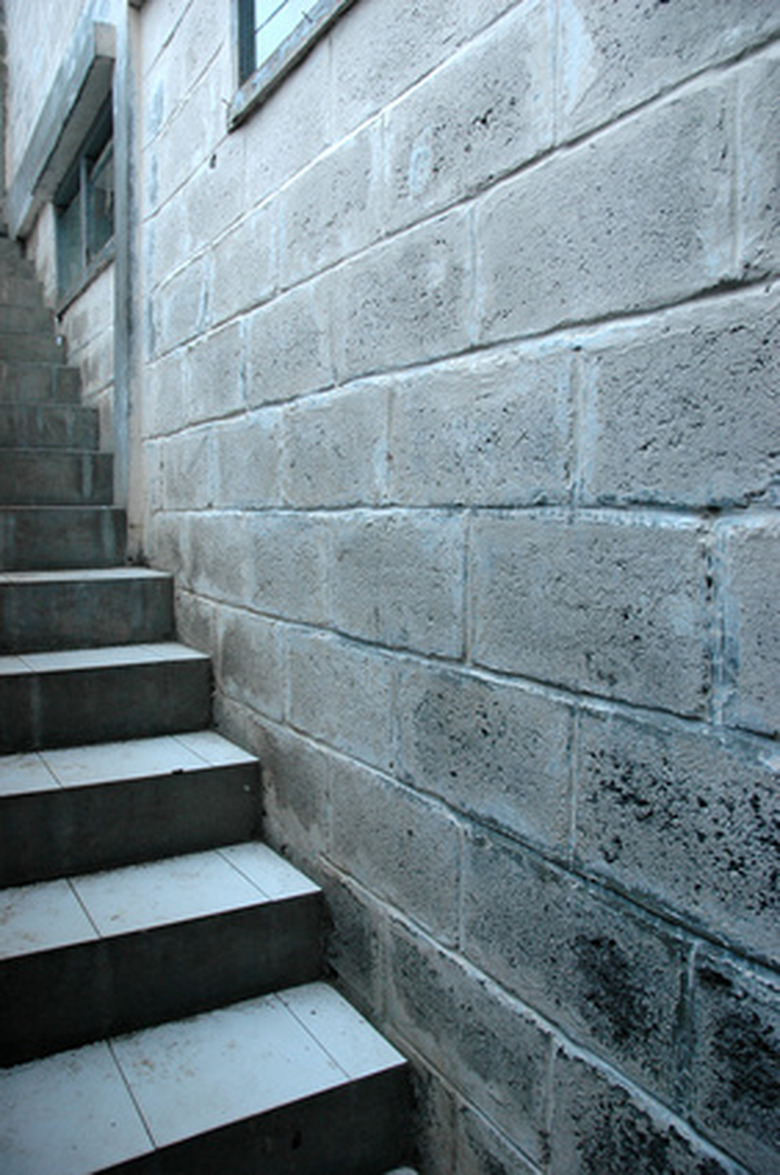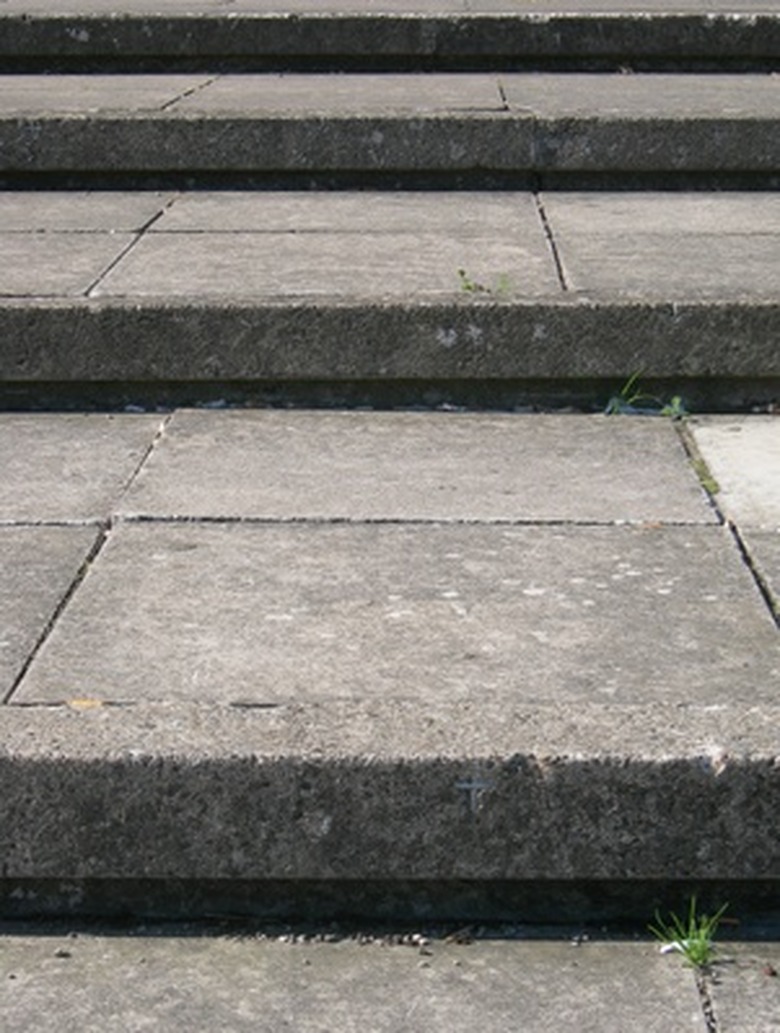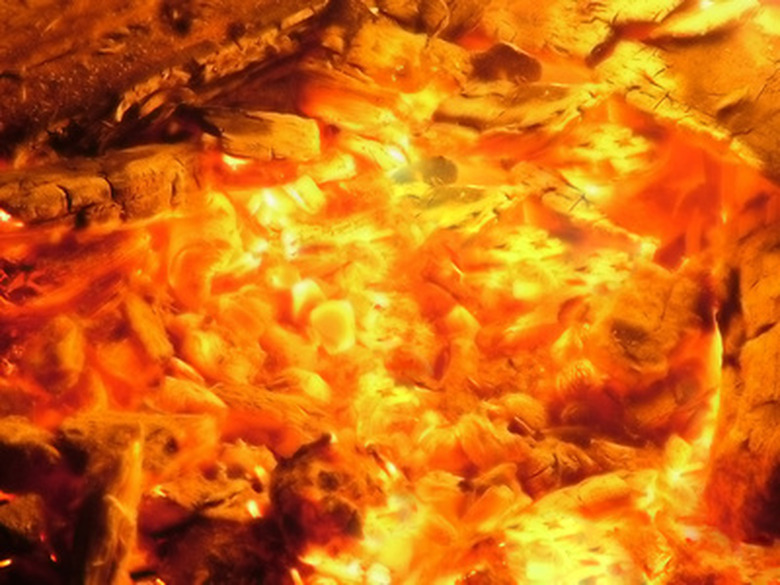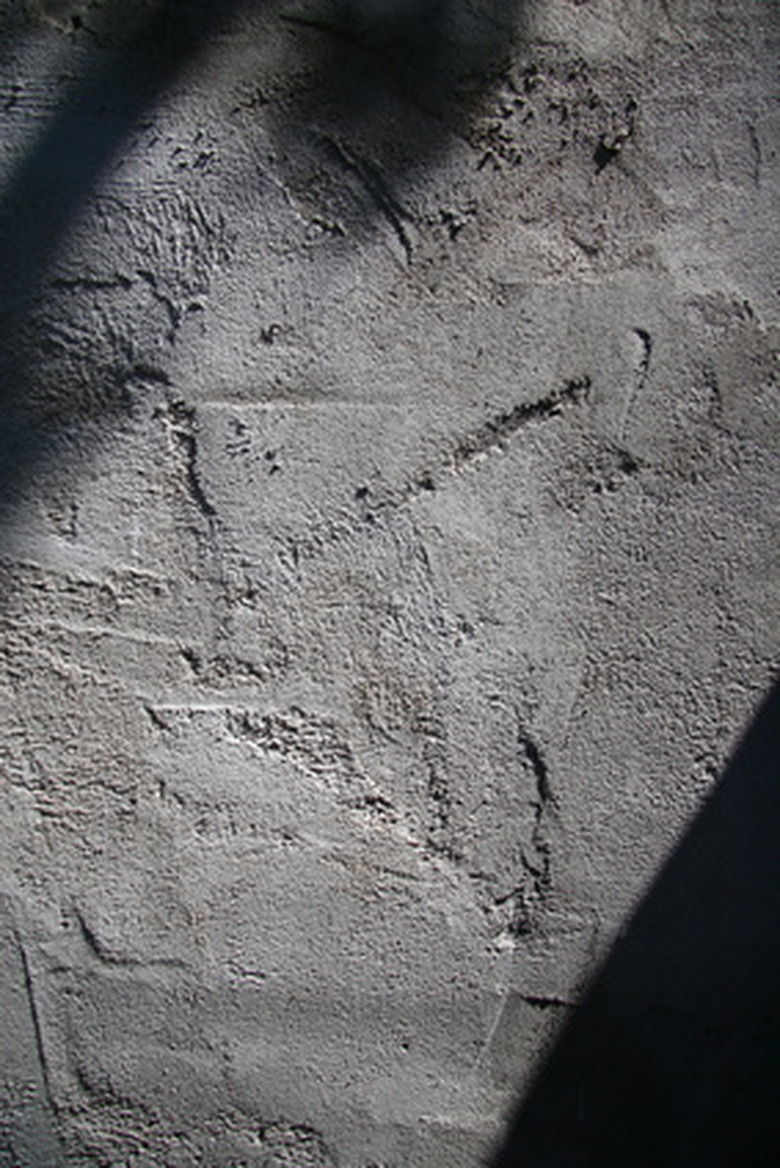Why Are Concrete Walls A Good Insulator?
Made since prehistoric times in various forms, the formula of lime, clay and sand has been enhanced with elastic polymers and epoxies to give modern concrete its strength, flexibility and insulating properties.
Significance
Significance
Concrete by itself has a very low R-value, a measure of thermal resistance. Its insulation value comes primarily from using it in thick slabs, and hence isolating the insulated space from thermal fluxes in the environment.
Considerations
Considerations
While concrete has a low R-value, its value in home heating and cooling comes primarily from its high heat capacity, or its ability to store heat.
Potential
Potential
A low R-value confers high transference of heat, meaning that heat stored in concrete (either from radiant heating or passive solar heating) will be given off easily to the living space.
Augmentation
Augmentation
Adding layers of closed cell foam, polyurethane sheeting, or reflective barriers to a concrete wall can all increase the insulation value of concrete.
Warnings
Warnings
If installed improperly and not sealed completely, moisture will gather behind insulation components to a concrete wall, allowing for mold and mildew growth, a potential health hazard.




